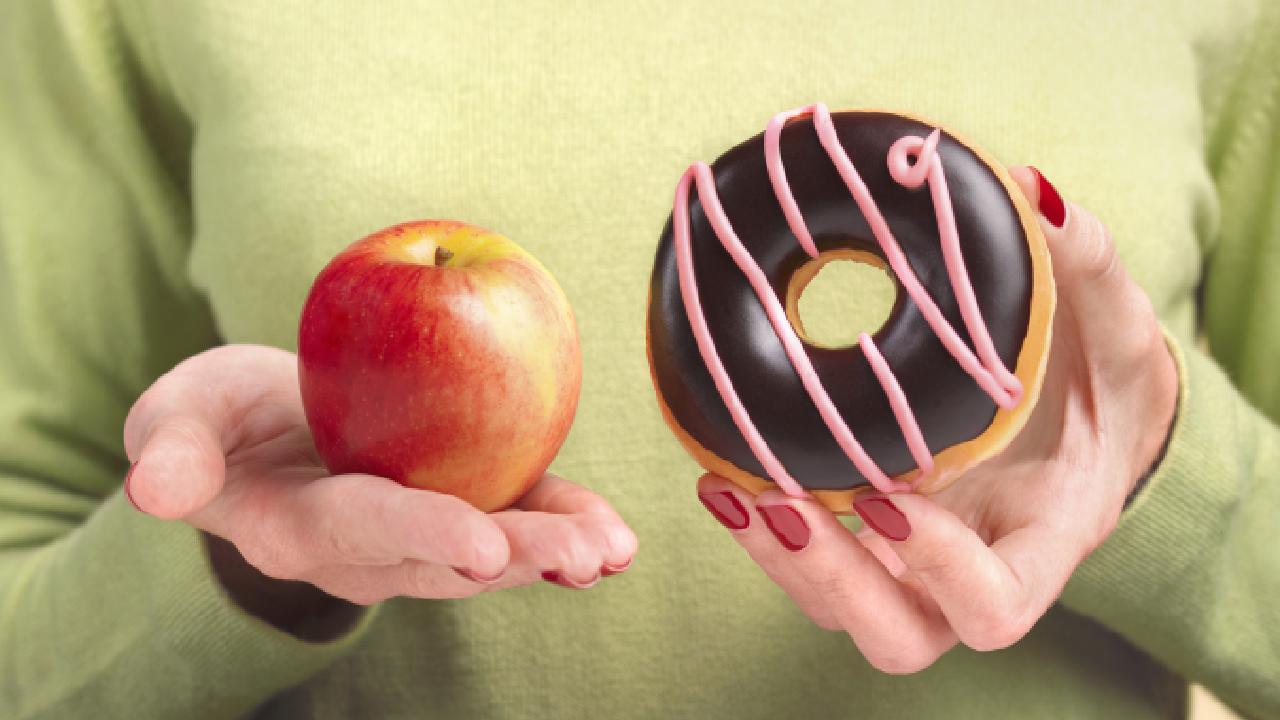How to lose weight after 60

While age is a just a number when it comes to you spirit, as you get on life can begin to take a toll on joints and muscles. This often means that your activity level and intensity starts to gradually decrease, often without you even noticing it, as you compensate for the increasingly constant aches and pains. There’s also the issue of your metabolism. As we get older and the amount of muscle we have decreases, often being replaced by fat stores, our metabolism slows down. Muscle burns calories while fat doesn’t do much at all! This means your “resting metabolic rate” or your body’s ability to burn calories with inactive decreases. We often don’t adjust our food intake to match this decrease, which makes it even easier for the extra kilograms to sneak up on us without us realising. Fortunately, you can stave of that spare tire with a few simple strategies.
- Include resistance training in your regime – While it may feel a little foreign at first, some light-weight based training is the best way to maintain muscle and stoke the fire up your metabolism. There are plenty of easy workouts you can do at home or speak to the trainers at your gym for a simple to follow program.
- Check your hormones – As we age, our hormone levels decline which can lead to weight gain. Speaking to your doctor and having your thyroid, adrenal glands and other hormones levels checked can help identify any imbalances and correct them before they cause issues.
- Go easy on your joints – Tired joints can lead to aches and pains that often prevent us getting a good workout. Try moving your exercise session to the pool or trying a stretch based class like Pilates or yoga for happy, supple joints.
- Consider seeing a physiotherapist or exercise physiologist – While seeing your GP before embarking upon an exercise regime is sound advice, seeing a fitness professional can also mean the difference between starting a thorough and effective program and floundering in confusion. A physio or physiologist can help treat any existing injuries and also advise on the best type of exercise for you.
- Take note of your diet – If you’re eating like you did when you were 25 you may need to make some adjustments. With the slowing of your metabolism, you’re likely to gain weight, especially if you’re not exercising. Stick to a healthy, balanced diet and integrate daily exercise for the best way to keep weight in check long term.
Image: Getty
